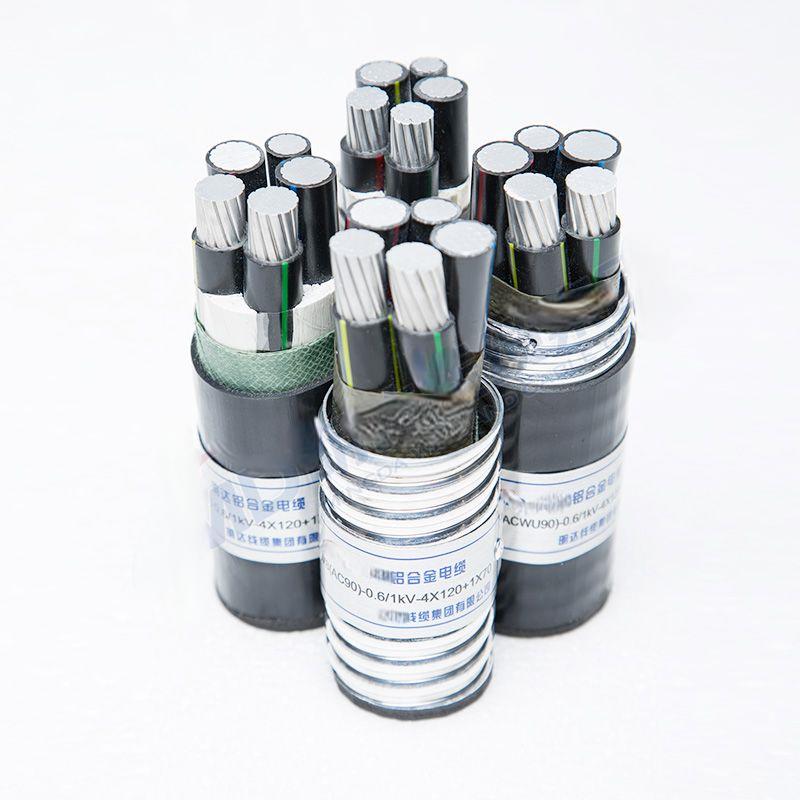Dec . 13, 2024 07:29 Back to list
Gate Valve Actuator Function and Applications in Modern Industry Systems
Understanding Gate Valve Actuators Enhancing Control and Performance
Gate valves are widely used in various industrial applications where the flow of fluids needs to be controlled effectively. These valves are designed to provide minimal flow resistance when fully opened and to create a tight seal when closed. However, to optimize their performance, gate valves often require actuators. This article explores the importance of gate valve actuators, their types, features, and applications.
What is a Gate Valve Actuator?
A gate valve actuator is a device that automates the opening and closing of a gate valve, allowing for precise control over fluid flow. Actuators can be powered mechanically, electrically, or pneumatically, depending on the specific requirements of the application. By automating gate valve operation, actuators provide operational efficiency, safety, and improved response time, which are crucial in many industrial processes.
Types of Gate Valve Actuators
There are several types of actuators utilized for gate valves, with the three primary categories being
1. Electric Actuators These actuators utilize electric motors to operate the valve. They are particularly advantageous in settings where a reliable power supply is available. Electric actuators provide precise control and can be equipped with advanced positioning systems and feedback mechanisms to monitor valve status.
2. Pneumatic Actuators Often favored in high-speed applications, pneumatic actuators operate using compressed air. They offer rapid actuation speeds and are suitable for environments where electric power may not be readily accessible. Their simplicity and reliability under high stress conditions make them a popular choice in various industries.
3. Hydraulic Actuators Similar to pneumatic actuators, hydraulic actuators use fluid pressure for movement. However, they typically provide greater force and power, making them suitable for large valves or when heavy-duty performance is needed. Hydraulic actuators are commonly used in oil and gas, marine applications, and heavy machinery.
Features and Benefits of Gate Valve Actuators
Gate valve actuators come with a range of features that enhance their functionality
- Torque Control The ability to manage torque is crucial for the safe operation of gate valves. Modern actuators can monitor and adjust torque levels to prevent over-torquing, which can damage the valve or the actuator.
gate valve actuator

- Position Feedback Systems Many actuators are equipped with sensors that provide real-time feedback on valve position. These systems allow for improved monitoring and control, enabling operators to make informed decisions based on current valve status.
- Fail-Safe Mechanisms Safety is paramount in any industrial setting. Many gate valve actuators are designed with fail-safe features that ensure the valve returns to a pre-defined position (open or closed) in case of power loss or malfunction.
- Remote Operation Advanced actuators can be integrated with control systems, allowing for remote operation and monitoring. This feature enhances flexibility and allows for operation in hazardous or hard-to-reach areas without exposing personnel to risk.
Applications of Gate Valve Actuators
Gate valve actuators find applications across various industries, including
- Oil and Gas In the oil and gas sector, gate valves are used to control the flow of crude oil, natural gas, and other fluids through pipelines. Actuators ensure precise control and quick response to operational changes.
- Water and Wastewater Management In municipal water treatment facilities, gate valves play a critical role in managing the distribution of water and liquids. Actuators help maintain consistent flow rates and ensure that valves operate seamlessly.
- Power Generation In power plants, actuators regulate the flow of steam and water through various processes, ensuring efficient operation and safe handling of high-pressure systems.
- Chemical Processing The chemical industry relies heavily on gate valves for controlling the flow of corrosive and hazardous fluids. Actuators provide the necessary control and safety mechanisms to handle these challenging environments.
Conclusion
Gate valve actuators play a crucial role in enhancing the performance and reliability of gate valves across various applications. Whether through electric, pneumatic, or hydraulic options, the right actuator ensures that fluid flow can be controlled effectively in industrial processes. By integrating advanced features such as torque control, position feedback systems, and remote operation capabilities, gate valve actuators are an indispensable asset in modern industry, contributing to safer and more efficient operations. As industries continue to evolve, the design and functionality of gate valve actuators will likely advance, further driving improvements in fluid control technology.
Share
-
Reliable Wafer Type Butterfly Valves for Every IndustryNewsJul.25,2025
-
Reliable Flow Control Begins with the Right Ball Check ValveNewsJul.25,2025
-
Precision Flow Control Starts with Quality ValvesNewsJul.25,2025
-
Industrial Flow Control ReliabilityNewsJul.25,2025
-
Engineered for Efficiency Gate Valves That Power Industrial PerformanceNewsJul.25,2025
-
Empowering Infrastructure Through Quality ManufacturingNewsJul.25,2025